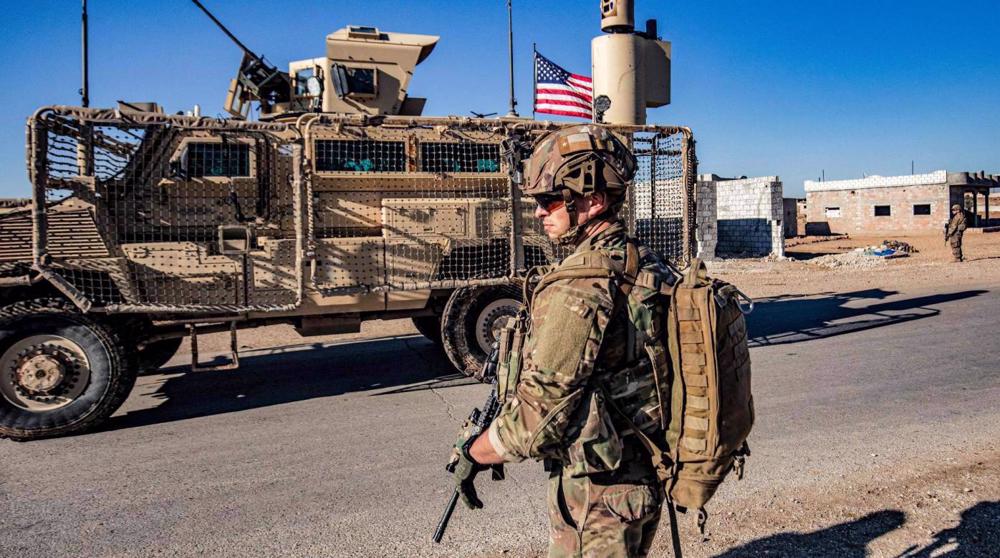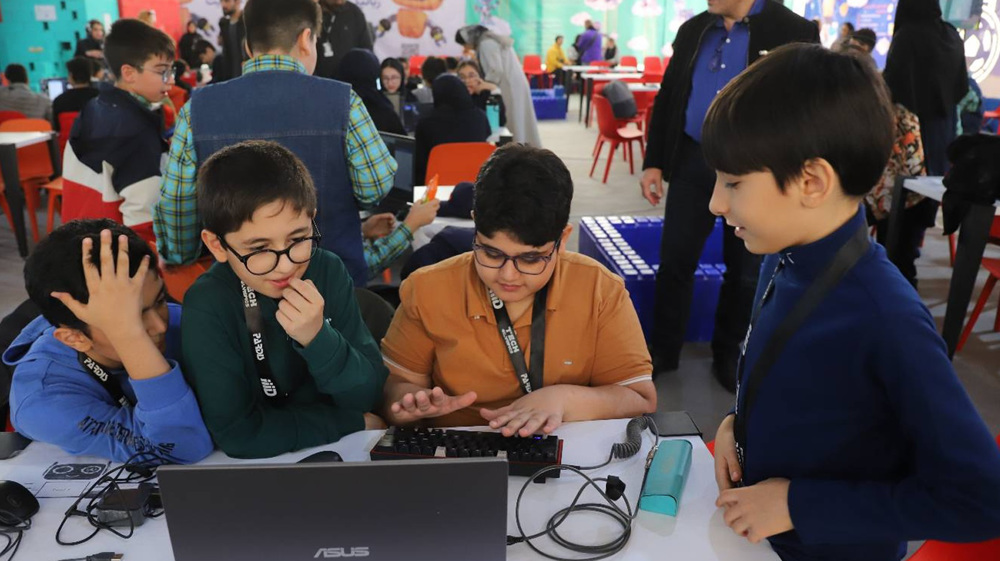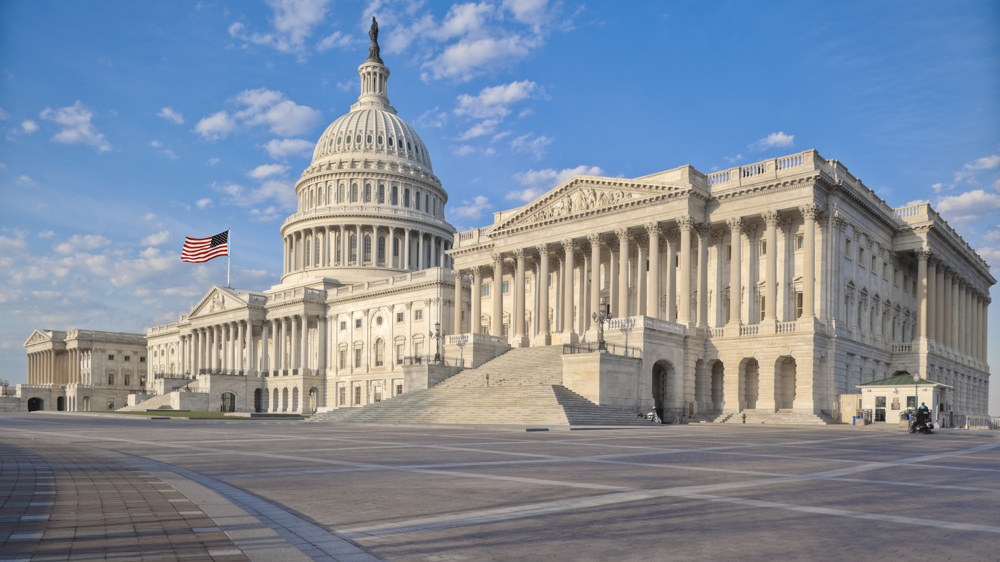Far-right politics dominate French presidential campaign
Ramin Mazaheri
Press TV, Paris
France’s presidential election is less than five months away and it appears to be a three-way race for the two spots in the second round. Despite a term marred by the massive repression of the Yellow Vests and soaring economic inequality incumbent Emmanuel Macron retains a hard-core base of support of around 25% and seems certain to reach the second round.
France’s presidential election is less than five months away and it appears to be a three-way race for the two spots in the second round. Despite a term marred by the massive repression of the Yellow Vests and soaring economic inequality incumbent Emmanuel Macron retains a hard-core base of support of around 25%, and seems certain to reach the second round.
Marine Le Pen lost the 2017 election to Macron by over 30 points, garnering just 34% of the final vote. The head of the far-right National Rally party been investigated but never convicted of hate speech. Far-right pundit Eric Zemmour hasn’t officially declared his candidacy but he has been convicted twice of hate speech and investigated 16 other times. Zemmour popularity has surged the past two months and he and Le Pen are in a dead heat for the second spot.
The very latest polls show Zemmour dropping in credibility, but French voters may continue the Western trend of choosing candidates detached from mainstream “politics as usual”. One group that isn’t likely to play a major role is France’s left, which has never polled so badly at this point in the election cycle. France’s center-left and left combine for just 15% of voter intentions, while the centrist Green party is at only at 7%.
The irony is that Yellow Vests have overturned French politics by espousing a program which is universally agreed-upon to be genuinely left-wing, and yet it appears certain that the final two candidates will be on the far-right, either politically, economically, culturally or all three.
VIDEO | Press TV's News Headlines
Iran reports 11% drop in domestic red meat supply
Arab League affirms support for Iraq amid Israel's threats of military action
VIDEO | Fierce fight in Southern Lebanon
Over 1000 medics killed in Gaza as Israel systematically targets hospitals
Iran’s steel output down 1.9% y/y in October to 3 mln mt: Worldsteel
Islamabad in lockdown as Imran Khan supporters march for his release
VIDEO | Russia's new hypersonic missiles target Ukraine









 This makes it easy to access the Press TV website
This makes it easy to access the Press TV website